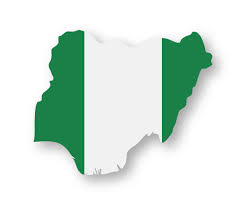
In Nigeria, tensions are rising as the nation approaches a significant moment in its history: the planned nationwide protest tagged “End bad governance”, set for August 1st, 2024. The root of this discontent can be traced back to the removal of the fuel subsidy and free fall of naira, a move that has exacerbated economic hardships for many Nigerians. As a result, citizens are calling for the reversal of certain government policies, seeking relief from the escalating cost of living.
The atmosphere is charged with anticipation and uncertainty. In many households, there is a palpable sense of fear and anxiety. Elites and those with means are reportedly making preparations to protect themselves, either by leaving the cities or by stocking up on essentials and staying indoors. The broader public, too, seems to be bracing for potential unrest, with some choosing to stay home, anticipating disruptions.
However, the protest is not universally supported. While a significant number of Nigerians see this as an essential demonstration to voice their grievances and demand accountability from those in power, others are more cautious. Some groups and individuals have distanced themselves from the planned protest, citing concerns over security and the potential for violence. The question remains: who will take to the streets, and who will choose to stay away, will the entire process yield the needed fruit?
As the countdown continues, the Nigerian government faces a critical decision. Will they allow the protest to unfold, potentially as a peaceful demonstration of democratic rights, or will they intervene, risking further escalation? The eyes of the nation and the world are on Nigeria, watching to see how this moment of potential change will unfold. The outcome could set a significant precedent for governance and civil action in the country. The next few days will be crucial in determining whether this is a step towards a more responsive government or a moment of increased tension and division.












